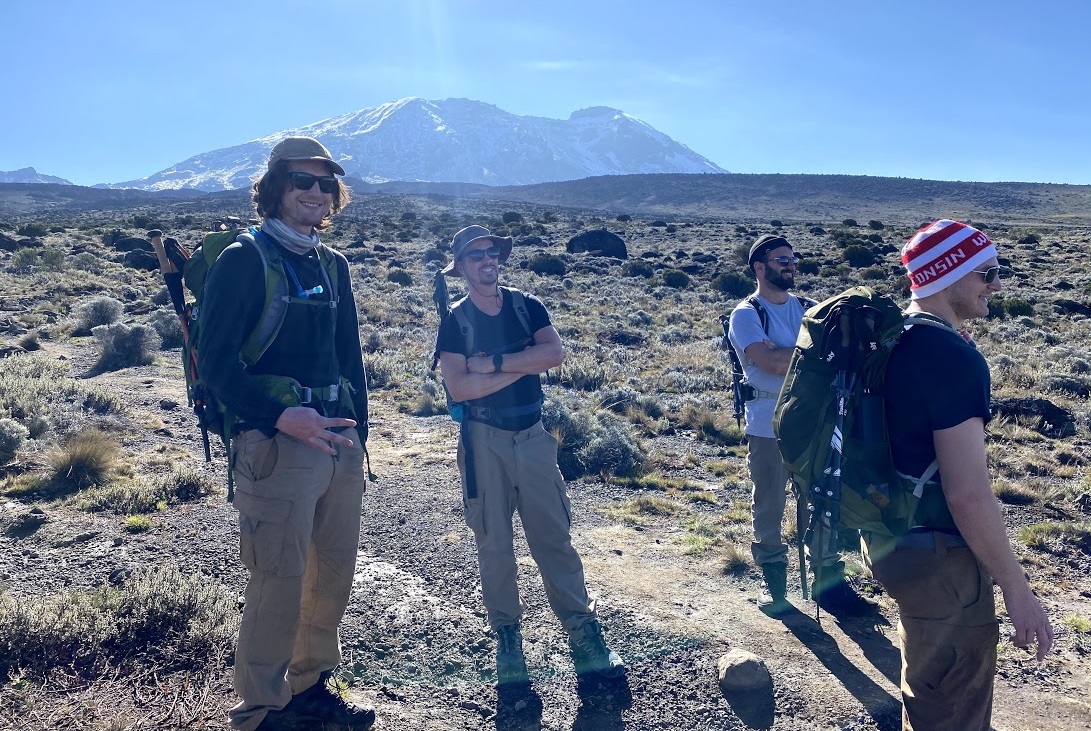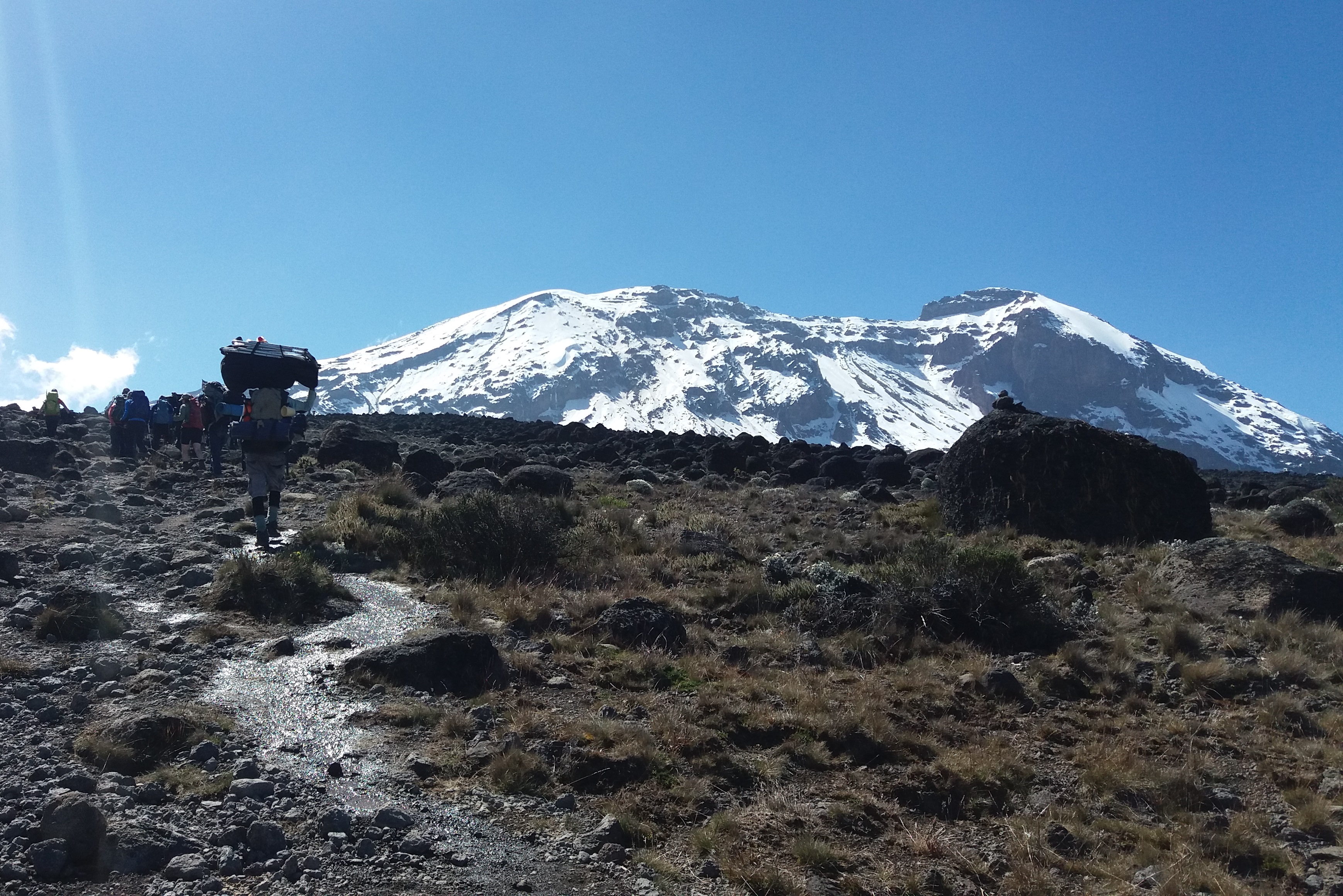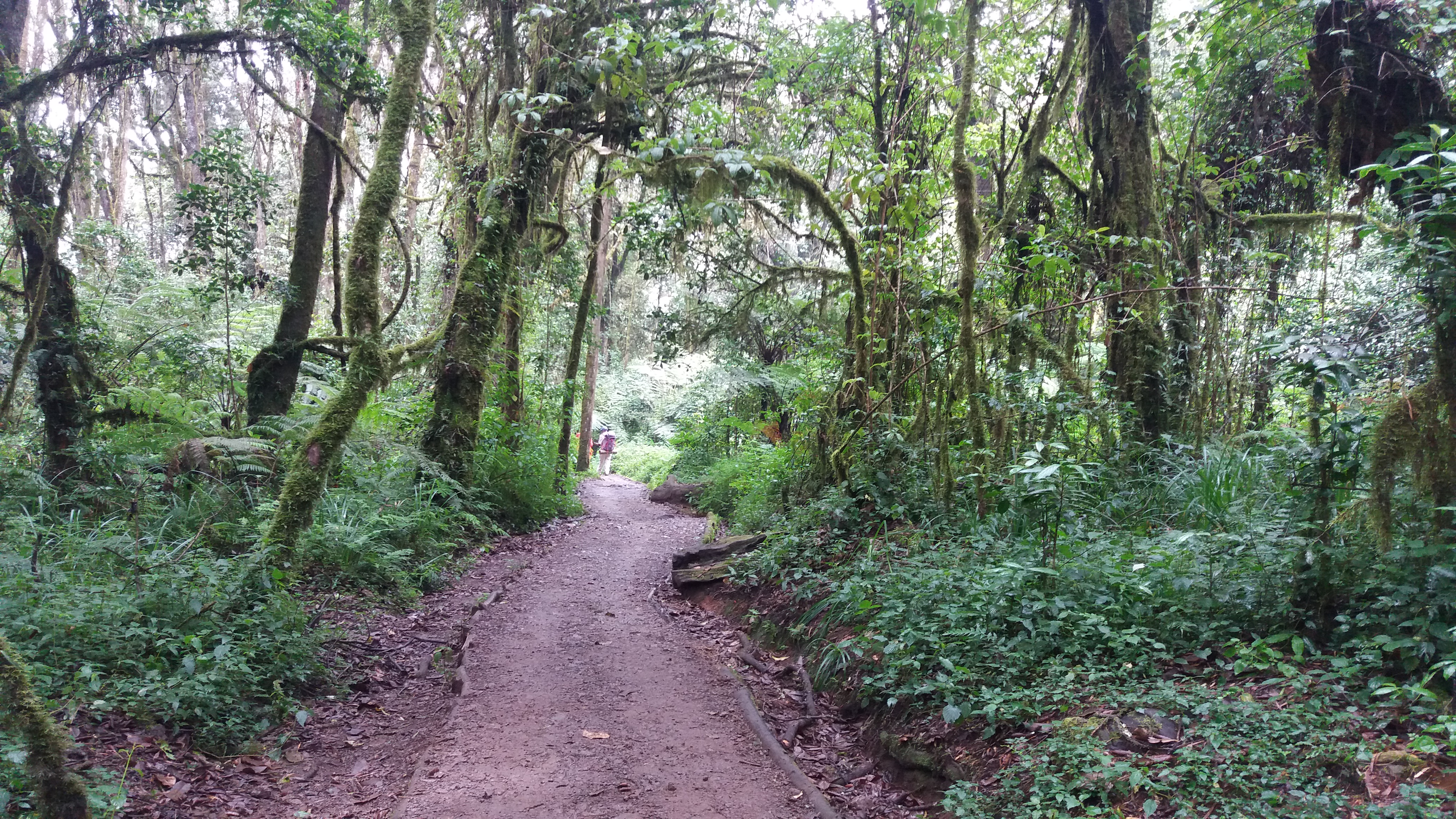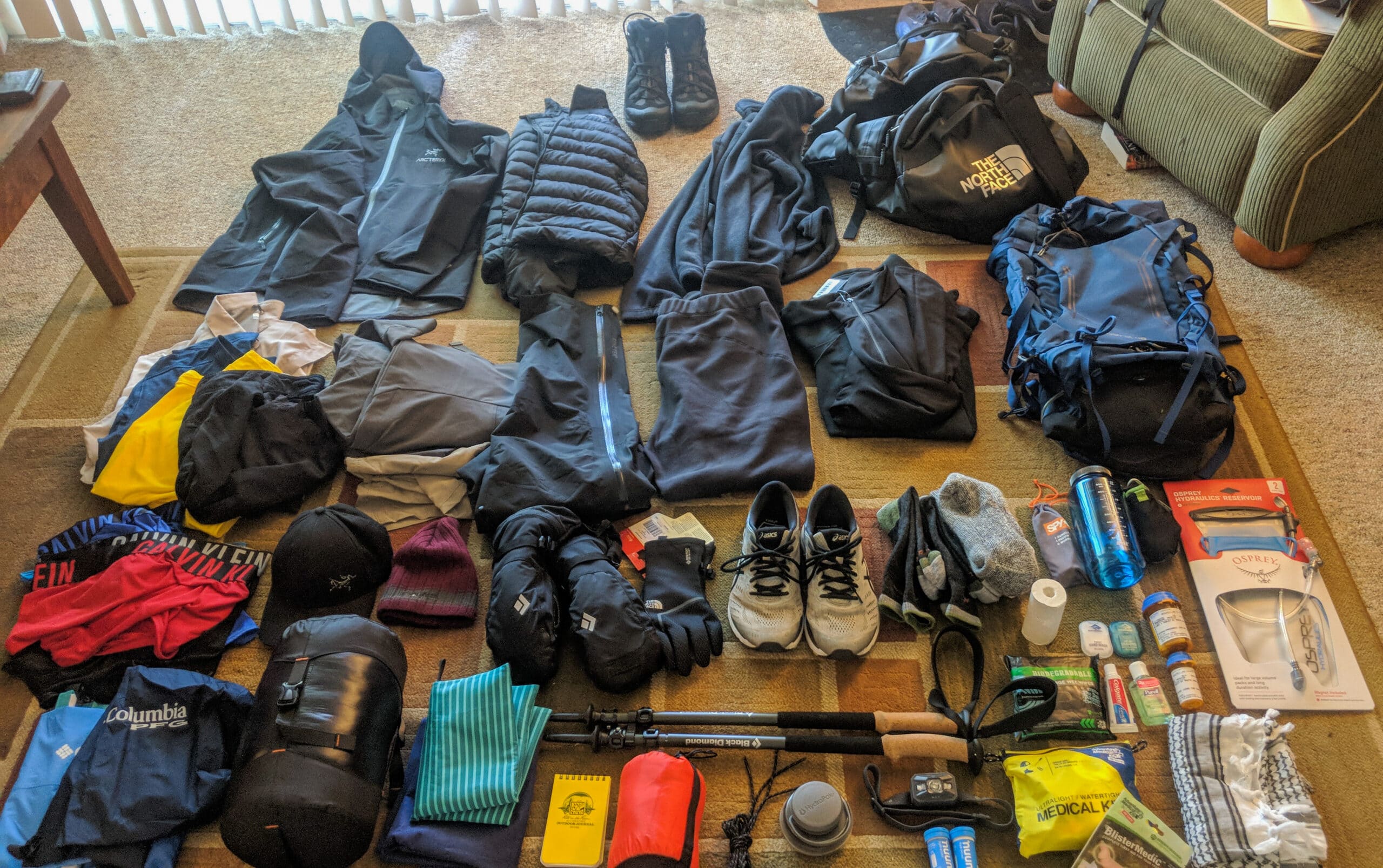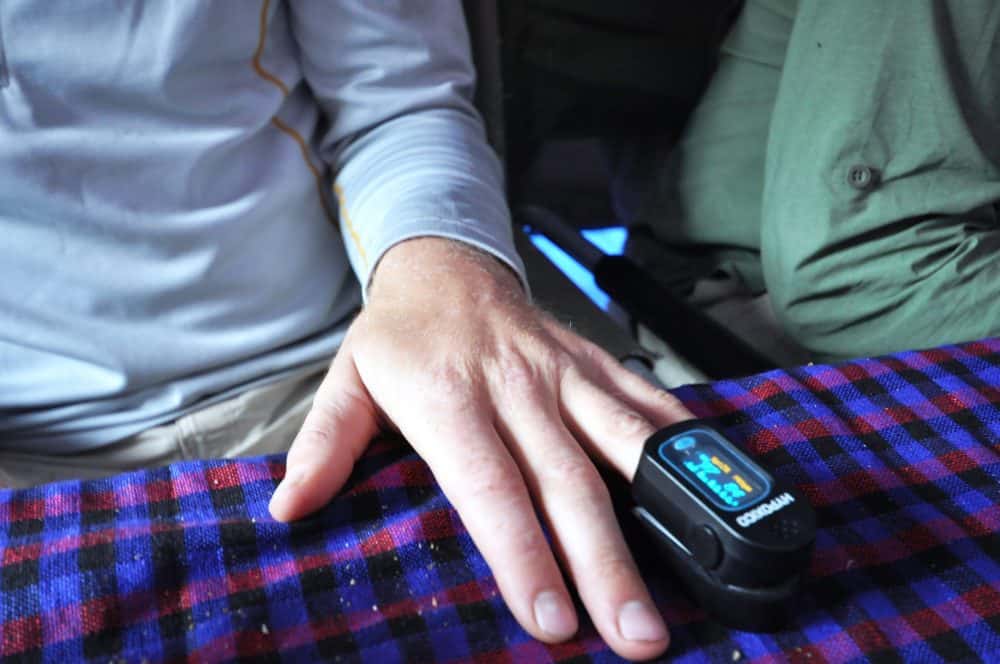
We understand that you have many options when it comes to choosing a Kilimanjaro guide service. However, your safety should be your top priority. At Shalom Trekking Adventures, we make safety our foremost concern. Be cautious of companies that downplay the potential risks associated with high-altitude trekking; they may prioritize sales over your well-being. We are dedicated to providing you with the information you need to make an informed decision for a safe and successful adventure.
Key Factors Affecting Your Safety on Kilimanjaro:
Altitude Sickness and Related Complications: Understanding the risks associated with high elevation is crucial for your safety.
Experience and Training of Your Guides: Knowledgeable and skilled guides are essential for ensuring a safe trekking experience.
Proper Equipment for Emergencies: Having the right gear can make all the difference in critical situations.
Robust Monitoring and Evacuation Protocols: Effective processes for monitoring your health and evacuating if necessary are vital for your safety.
“How We Prioritize Your Safety on Kilimanjaro”
1. ALTITUDE MOUNTAIN SICKNESS
Traveling to high altitudes carries the risk of altitude-related illnesses, with Acute Mountain Sickness (AMS) being the most common. AMS typically occurs when individuals ascend too quickly, not allowing their bodies enough time to acclimatize to the reduced oxygen levels. Proper acclimatization is essential for a safe and enjoyable experience in high-altitude environments.
How We Address Altitude Sickness on Kilimanjaro?
Daily Health Checks
The cornerstone of our health and safety program is the daily health check. Shalom Trekking guides will measure and record your oxygen saturation and heart rate twice a day using a pulse oximeter, a device that estimates blood oxygen levels through a light beam. Monitoring these readings over time helps assess how well you are acclimatizing to the altitude.
In addition, our guides will ask you specific questions based on the Lake Louise Scoring System (LLSS). This questionnaire is designed to evaluate the severity of Acute Mountain Sickness (AMS) and provides valuable insight into your condition.
Using Diamox for Altitude Acclimatization
Diamox (acetazolamide) is a prescription medication commonly used to prevent and treat altitude sickness, serving as the standard prophylactic agent for Acute Mountain Sickness (AMS). It works by enhancing ventilation (breathing rate), which in turn improves oxygenation.
A common misconception is that Diamox merely masks the symptoms of AMS; this is not true. In reality, Diamox is effective in both preventing and treating AMS and is FDA-approved for this purpose.
Kilimanjaro Rescue
In the event of an emergency on the mountain, our Shalom Trekking guides are thoroughly trained to respond swiftly and effectively. We have established protocols in place that eliminate ambiguity in how to address any issue that may arise. Whether dealing with a sprained ankle, hypothermia, exhaustion, or altitude sickness, our guides possess the skills and knowledge to ensure your safety.
Our team is equipped to coordinate rescues from any location within the park, allowing for quick and efficient responses to emergencies. During each climb, our guides carry bottled oxygen, which is vital for treating Acute Mountain Sickness (AMS) in conjunction with a rapid descent to lower altitudes. This combination can significantly alleviate symptoms and enhance your chances of recovery.
Moreover, we have the capability to initiate helicopter evacuations through our trusted partner, Kili MedAir. This option is particularly important for severe cases where immediate medical attention is required, as it allows for swift transportation to a medical facility.
By prioritizing safety and preparedness, we ensure that every climber can enjoy their adventure with peace of mind, knowing that they are in capable hands. Your well-being is our top priority, and our proactive measures are designed to manage any situation effectively, providing you with the best possible experience on Kilimanjaro
2. PROFESSIONAL AND EXPERT GUIDES
At Shalom Trekking, our guides are fluent in English and undergo extensive training in first aid, mountain rescue, flora and fauna, and the rich history of Kilimanjaro. All of our guides are registered with Kilimanjaro National Park, as it is mandatory to climb the mountain with a qualified guide.
Our team is highly experienced, with many guides having summited Kilimanjaro over 100 times. While numerous licensed individuals may boast successful climbs, true competency goes beyond experience. It requires setting high performance standards, ongoing training, and fostering a culture of professionalism.
You can expect the following from our Kilimanjaro guides:
High Safety Standards: Your safety is our top priority. Our clients place their trust in us, and we take that responsibility seriously. Our guides are certified Wilderness First Responders (WFR), equipped to make critical medical and evacuation decisions. They undergo annual emergency first aid training and are trained to recognize and treat altitude-related illnesses. Additionally, they are vigilant in identifying potential hazards, ensuring your health is closely monitored throughout the trek.
Professionalism: We recognize that you have many options for climbing Kilimanjaro, which is why meeting or exceeding your expectations is paramount. At Shalom Trekking, we take pride in the dedication of our staff and strive to uphold our reputation for excellence. Our guides maintain a high level of professionalism while ensuring the experience remains enjoyable and engaging.
Expert Ability: With years of experience on Mount Kilimanjaro, our guides are fully acclimatized to high altitudes and adept at navigating the challenges of mountain life. Climbing Kilimanjaro is second nature to them, and their resilience allows them to teach you everything you need to know about high-altitude trekking.
Mountain Knowledge: Our guides possess extensive knowledge about the mountain's unique features, including climate zones, campsite altitudes and distances, and the local geology, flora, and fauna. This insight enhances your trekking experience, allowing you to appreciate and understand the stunning landscape around you.
At Shalom Trekking, we are committed to providing you with an unforgettable and safe adventure on Kilimanjaro.
EQUIPMENT & GEAR
Trekking on Kilimanjaro takes you through five distinct climate zones, ranging from the warm low slopes to the bitterly cold, sub-zero temperatures at the summit. Having the right equipment is crucial for your safety and comfort throughout this challenging journey.
In addition to our medical and emergency supplies, the quality of gear used in camp is vital. Mountain weather can be unpredictable, and staying safe, warm, and dry at night is essential for your well-being.
Here’s what we provide to ensure your safety:
Rugged Tents: Our tents are designed to withstand changing mountain conditions and remain dry, even during torrential rain.
Comfortable Dining Tent: We offer a waterproof dining tent equipped with tables and chairs for a comfortable dining experience.
Sanitary Toilet Facilities: Clean and hygienic toilet facilities are available to maintain your comfort.
Arriving for your Kilimanjaro climb without proper cold-weather clothing, adequate hiking boots, or a suitable sleeping bag can lead to serious issues. We’ve created a comprehensive packing list that outlines what you need and why it’s essential for your safety:
Proper Hiking Boots: The right footwear is crucial; inadequate boots can lead to ankle injuries on rocky trails.
Effective Rain Gear: Without proper rain protection, you risk becoming soaked and developing hypothermia.
Sun Protection: Failing to shield yourself from the sun can result in severe sunburn or sunstroke.
Avoid Wet Clothing: Staying in wet clothes can lead to dangerous drops in body temperature.
Our Kilimanjaro packing list details everything you need to be fully prepared for your adventure. At Shalom Trekking, we prioritize your safety and comfort, ensuring you have the right gear for a successful climb.


